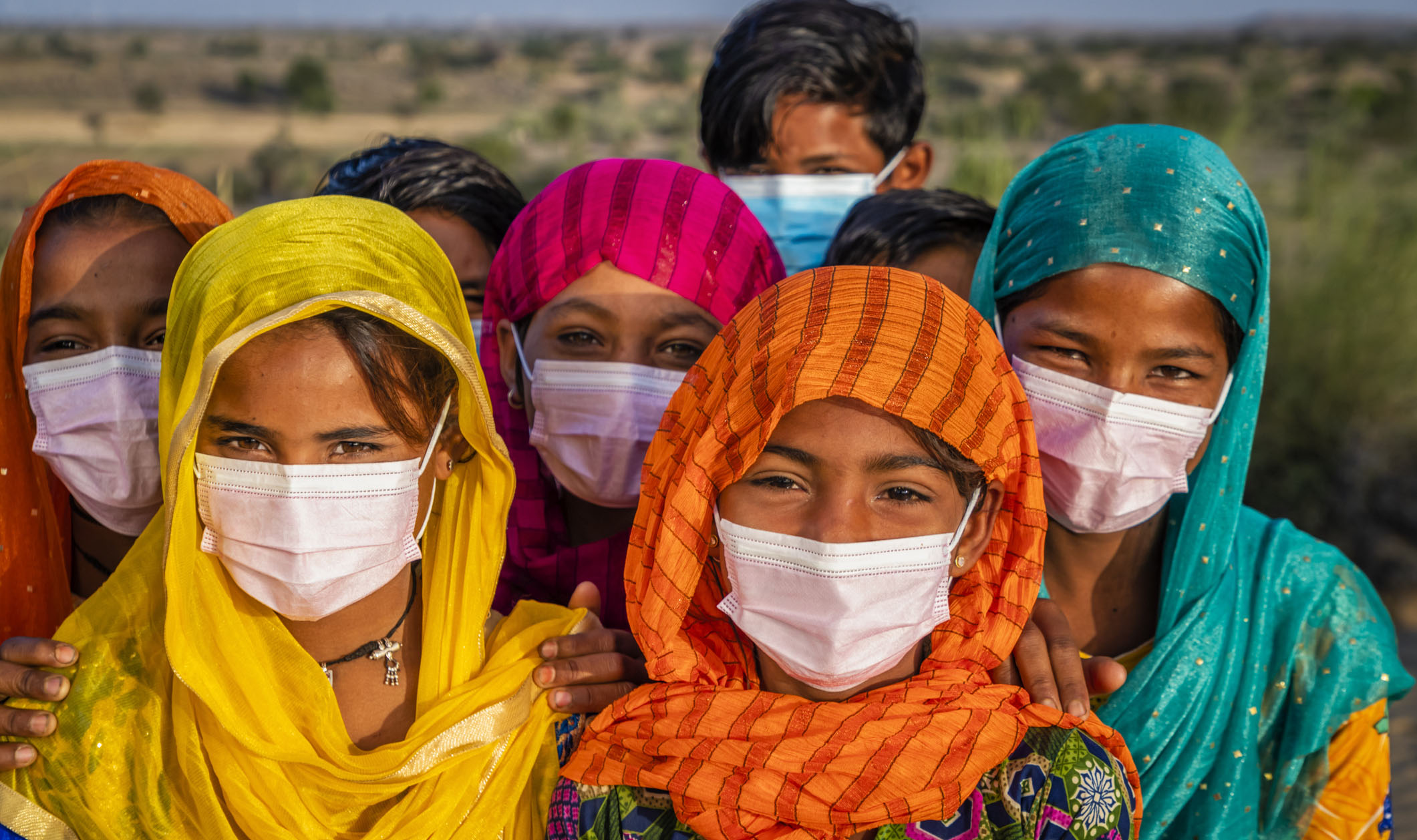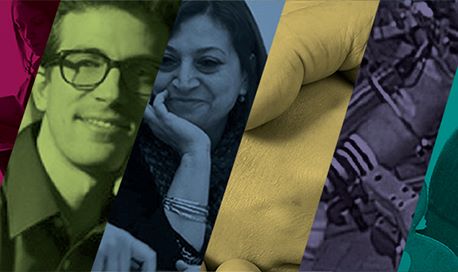Dr Georgina Pearson is a Senior Lecturer and Researcher
- Overview
- Research Interests
- Research Publications
- Funded Projects
- Teaching & Learning
Georgina Pearson is a medical doctor and medical anthropologist by training, with experience in interdisciplinary approaches to research and teaching across biomedical and social sciences. Investigating global health priorities from an interdisciplinary, biosocial perspective, her main scholarly interests broadly include: methods and ethics in health research; care practices; health seeking; and local understandings of health, illness, disease and public health interventions, particularly among fishing populations. Georgina’s PhD was based on long-term ethnographic fieldwork and epidemiological study exploring everyday realities of neglected diseases (schistosomiasis, Buruli ulcer and hepatitis) and their control among fishermen and women in northwestern Uganda.
Before joining IGHD in 2019, Georgina was a Lecturer in Public Health at St George’s, University of London, and a Research Fellow in the Firoz Lalji Centre for Africa, London School of Economics, where she continues to collaborate on research projects as a Visiting Fellow.
Georgina has an undergraduate medical degree (MBChB) from the University of Birmingham, a Masters in Medical Anthropology from Brunel University and a PhD from the London School of Economics and Political Science (Department of International Development). She holds Diplomate Membership of the UK Faculty of Public Health of the Royal College of Physicians, and is a Fellow of the Higher Education Academy.
Affiliations/Memberships to Other Organisations:
-
Fellow of The Higher Education Academy, UK
-
Diplomate member of the UK Faculty of Public Health
Investigating global health priorities from an interdisciplinary perspective, my research interests include: methods and ethics in health research; care practices; health seeking; and local understandings of health, illness, disease and public health interventions, particularly among marginalised populations. I have undertaken long-term ethnographic fieldwork and epidemiological study, exploring everyday realities of neglected diseases (schistosomiasis, Buruli ulcer and hepatitis) and their control among fishermen and women in northwestern Uganda.
My current research, in collaboration with the Institute of Tropical Medicine Antwerp, Belgium, Makerere School of Public Health, Uganda, and London School of Hygiene and Tropical Medicine, UK, is on Balancing safety and good care in the context of infectious disease outbreaks: learning health systems for infection prevention and control (IPC) in Uganda (BASYC).
Recent research projects include: Localised Evidence and Decision-making in global health programmes, which used Participatory Systems Mapping to explore and incorporate national and district-level public health practitioners’ perspectives on implementing public health programmes in selected sub-Saharan African countries; and ‘Living the Everyday: Health-seeking in times of sickness and epidemics at Uganda's borders’,which addressed how social relations and everyday life affect knowledge and the management of sickness.
Active Research Interests:
-
Anthropology of public health
-
Understandings of affliction and health-seeking
-
Practices of care
-
Neglected diseases
-
Fishing livelihoods
-
Public health interventions
Research Methods:
- Ethnography
- Epidemiology
- Qualitative
- Mixed methods
2019-2021:
- I am a research fellow on the Localised Evidence and Decision-making (LEAD) project, which seeks to address the need for locally-relevant evidence in public health decision-making. LEAD is hosted by LSE’s Firoz Lalji Centre for Africa in partnership with the London School of Hygiene and Tropical Medicine and funded by the Bloomsbury SET (Science, Economics, Technology) programme.
- I am co-investigator on ‘Living the Everyday: exploring health-seeking in times of sickness and epidemics at Uganda's borders’, which, based in the West Nile sub-region of northwest Uganda, addresses how social relations and everyday life affect knowledge and the management of sickness. Hosted by LSE’s Firoz Lalji Centre for Africa in partnership with Muni University and the University of Gulu, Uganda, and funded by The British Academy’s Knowledge Frontiers: International Interdisciplinary Research Projects 2019 programme.
2019-2021:
- Research fellow on the Localised Evidence and Decision-making (LEAD) project, hosted by LSE’s Firoz Lalji Centre for Africa in partnership with the London School of Hygiene and Tropical Medicine and funded by the Bloomsbury SET (Science, Economics, Technology) programme. Co-investigator on ‘Living the Everyday: exploring health-seeking in times of sickness and epidemics at Uganda's borders’. Hosted by LSE’s Firoz Lalji Centre for Africa in partnership with Muni University and the University of Gulu, Uganda, and funded by The British Academy’s Knowledge Frontiers: International Interdisciplinary Research Projects 2019 programme.
2022-2024:
- Principal Investigator on Balancing safety and good care in the context of infectious disease outbreaks: learning health systems for infection prevention and control (IPC) in Uganda (BASYC), in collaboration with the Institute of Tropical Medicine Antwerp, Belgium, Makerere School of Public Health, Uganda, and London School of Hygiene and Tropical Medicine, UK. Funded by Health Systems Research Initiative - Foreign, Commonwealth and Development Office, the UK Medical Research Council and Wellcome, in collaboration with the UK Economic and Social Research Council (grant no. MR/V015192/1)
I coordinate the Global Public Health and Social Policy module with Dr Luciana Brondi, and the Sexual Health Rights: Policy and Programming in Practice module. In addition, I contribute to modules in IGHD on research ethics and methods (particularly qualitative methods). With experience of teaching in biomedical and social science programmes, I bring an interdisciplinary approach to my teaching and curriculum design, and aim to encourage students to engage critically with subjects from different perspectives.
Programme Leader for MSc in Global Health, MSc in Applied Global Health, MSc in Mental Health and Psychosocial Support, MSc in Sexual and Reproductive Health.


